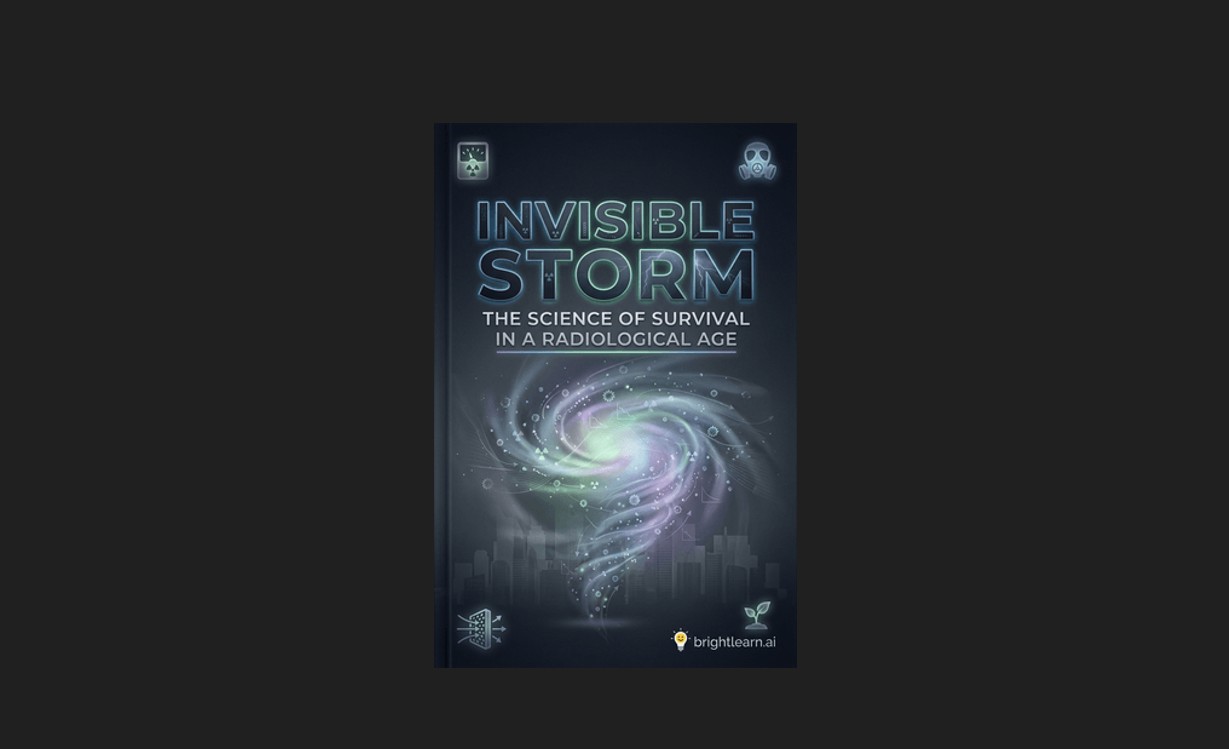© Brighteon.com All Rights Reserved. All content posted on this site is commentary or opinion and is protected under Free Speech. Brighteon is not responsible for comments and content uploaded by our users.
This channel has partnered with the Brighteon Store and receives a small commission from all sales generated from an affiliate link.
Click the shop now button below to help out this channel.
Overdiagnosis, a growing concern in modern medicine, occurs when individuals are diagnosed with conditions that may never cause symptoms or harm, raising questions about the balance between proactive healthcare and unnecessary treatment. Dr. H. Gilbert Welch, in his book "Overdiagnosed: Making People Sick in the Pursuit of Health," examines cases where early detection led to both life-saving interventions and unintended harm, such as treatments causing complications in patients with mild conditions. The phenomenon stems from advancements in medical technology, financial incentives within the healthcare industry, and a cultural belief in the benefits of early detection. Welch advocates for a more critical approach to diagnosis and treatment, emphasizing the need for patients and providers to weigh benefits against risks and consider alternatives like lifestyle changes or watchful waiting. This shift challenges the healthcare system to reassess its emphasis on asymptomatic diagnosis and prioritize patient-centered care.
For more videos, visit BrightLearn.ai
Find a copy of this amazing book here.





